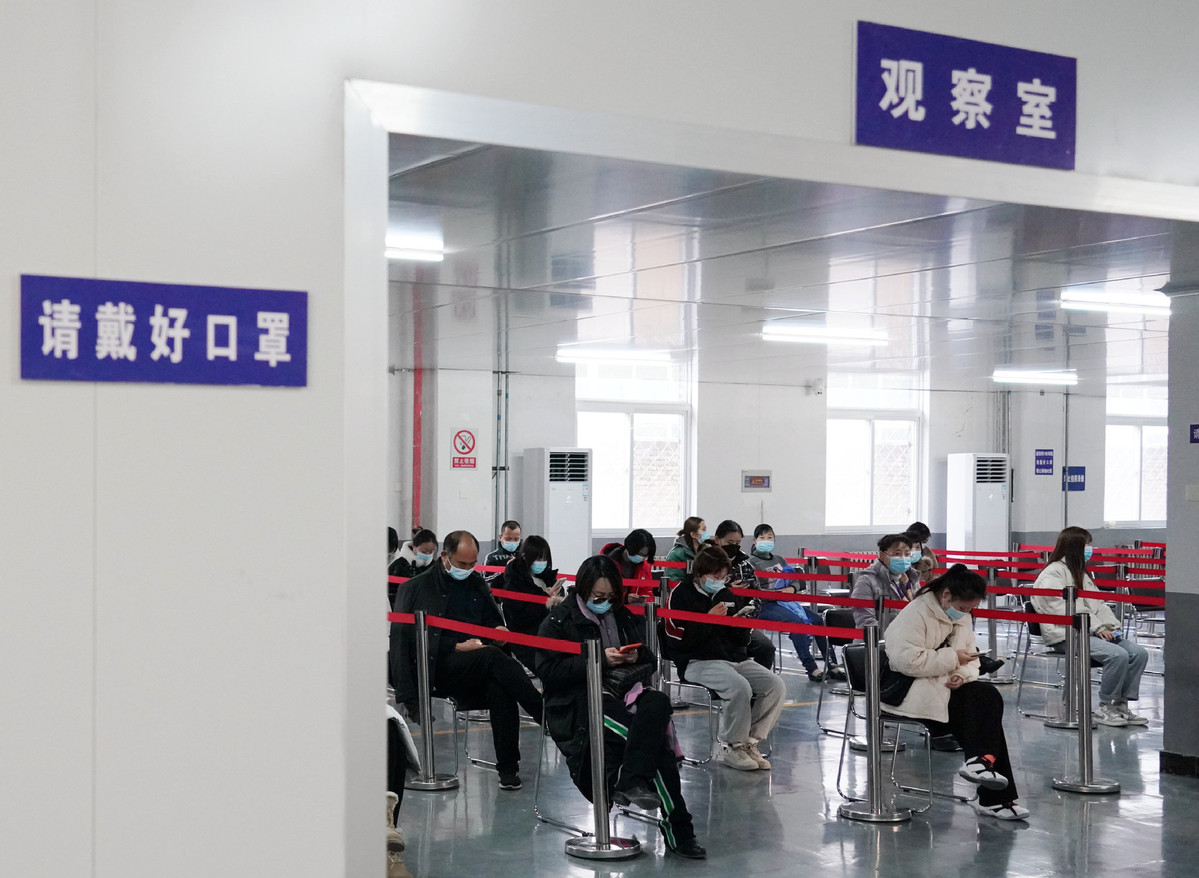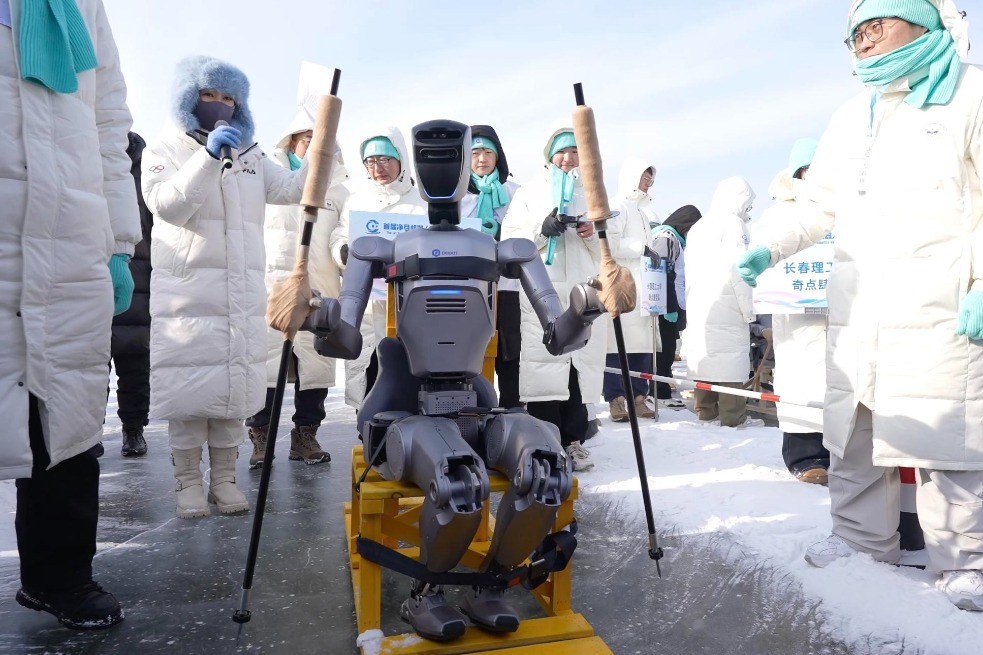COVID-19 vaccine: Answers to frequently asked questions


16.
Q: Does vaccination fully protect me from the disease?
A: So far, no vaccine is 100 percent effective in protecting against a disease, so there may be a few people who don't fully produce a protective immune response and have the potential to get infected by COVID-19.
17.
Q: How long can the protective effect of the vaccines last?
A: The current evidence suggests that the vaccine can protect an individual for at least half a year.
18.
Q: Will a nucleic acid test give a positive result after vaccination?
A: In China, the nucleic acid test targets the virus antigen, and the domestic inactivated vaccines use a "killed" pathogenic microorganism that has completely lost its ability to infect and replicate. As such, vaccinated individuals will not get a positive test result.
19.
Q: Can women get vaccinated during their period?
A: Yes, women can be vaccinated during their period.
20.
Q: After getting vaccinated, do I need to get a nucleic acid test? Can proof of vaccination replace a nucleic acid test report?
A: Vaccination can reduce the rate of getting infected to a certain extent, but it cannot offer 100 percent protection. Those who have been vaccinated still have to cooperate with authorities for necessary nucleic acid tests in some cases.
21.
Q: After receiving a vaccine, what should I do if a serum antibody test comes up positive during entry-exit inspection?
A: When those who have been vaccinated receive a positive serum antibody test but negative result in other tests, they should show their proof of vaccination to authorities for further diagnosis.
























